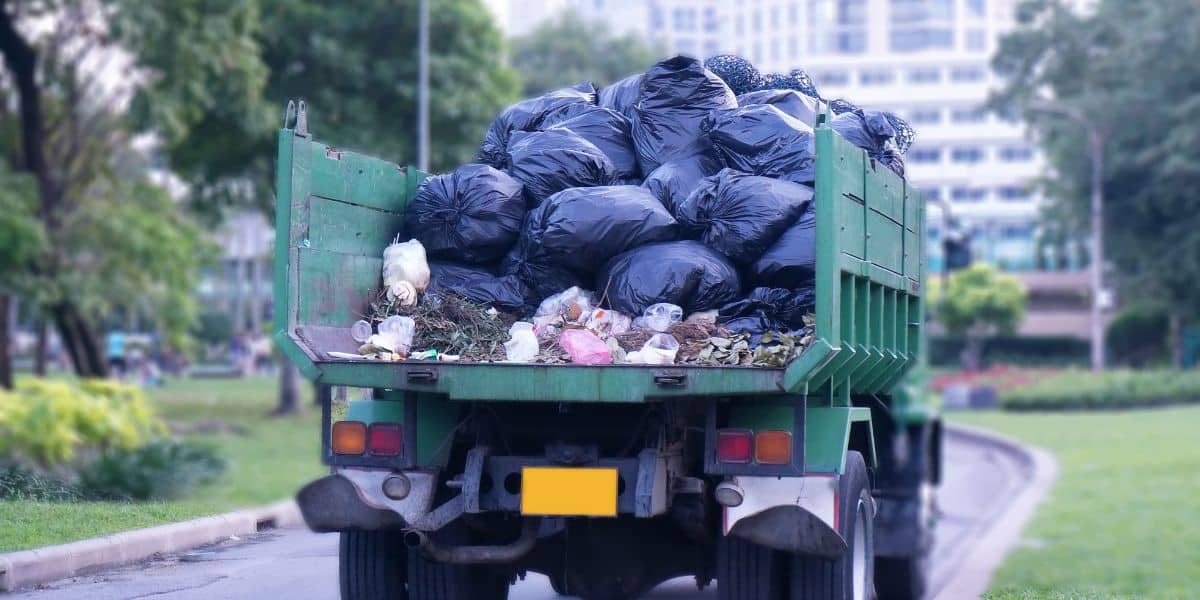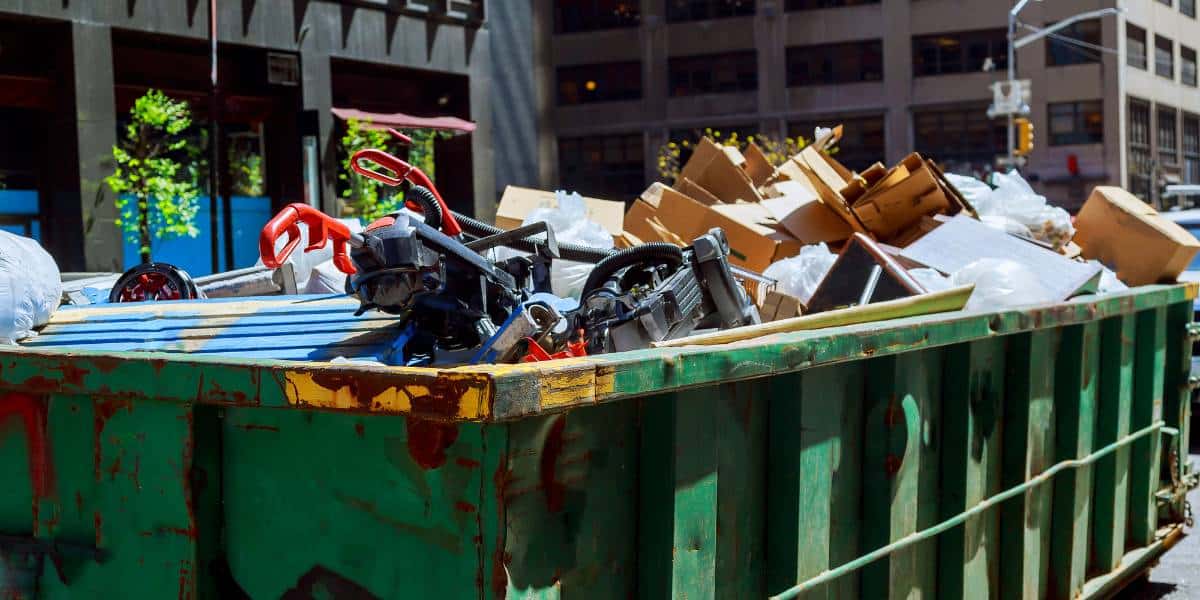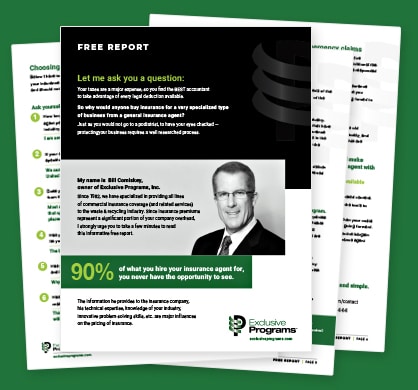Regardless of the industry, workplace safety is crucial, but waste management businesses place special significance on it. Waste management companies run risks such as dealing with hazardous substances, working on slippery surfaces, and operating heavy machinery, which must all be adequately managed to reduce accidents.
Companies can minimize financial losses while improving operational productivity and saving lives by implementing sufficient safety measures.
Here are some best practices for reducing workplace accidents in waste management companies.
Hazard Identification and Assessment
The first step in preventing workplace accidents is to identify potential hazards. Waste management sites are filled with various risks, including:
- Chemical exposure
- Equipment malfunctions
- Slips or trips and falls
For effective accident prevention in waste management, your company should regularly conduct a thorough risk assessment to identify and rank these risks. The review should consider staff members’ views at all levels and prior accident data to pinpoint potential problem areas.
Establishment of Safety Protocols
Your company’s safety regulations should cover each stage of waste management activities—from garbage collection and handling to transportation and disposal.
These protocols must have clear instructions on how to use personal protective equipment (PPE), safely operate machinery, segregate waste properly, and respond to emergencies.
Ensuring that each employee is in the loop about the proper processes to follow could reduce workplace accidents in waste management.
Regular Equipment Maintenance
Activities involving garbage management rely on heavy equipment. Establishing and closely adhering to preventive maintenance programs is essential. Tools should be pulled out of operation when they exhibit signs of wear, damage, or malfunction until a complete inspection and repair have been made. Neglecting to maintain equipment can compromise the efficiency and safety of a facility.
Comprehensive Employee Training
An adequately trained workforce is the key to accident prevention in waste management companies. All employees should undergo thorough training programs encompassing safety protocols, equipment operation, hazard recognition, and emergency response techniques. While current personnel should take regular refresher courses to keep their skills and knowledge current, new hires should get complete onboarding training. You can implement a combination of classroom education, hands-on training, and simulations to carry out training sessions.
The Importance of Expertise and Proactive Measures
Waste management businesses can collaborate with industry experts to attain the highest safety standards.
WasteGuard from Exclusive Programs is committed to reducing workplace accidents in waste management by offering expert expertise in safety training.
Their proficiency with risk analysis, safety procedures, and staff training significantly impacts workplace safety.
Exclusive Programs
Workplace safety is a primary issue, considering the multiple risks that waste management companies face.
By prioritizing accident prevention in waste management, you can safeguard the health of your staff while optimizing your internal processes.
Additionally, collaborating with authorities like the WasteGuard program from Exclusive Programs can help a business demonstrate its dedication to preventative safety measures. For a wealth of information and resources to help you improve your safety standards, please contact our waste management experts.





